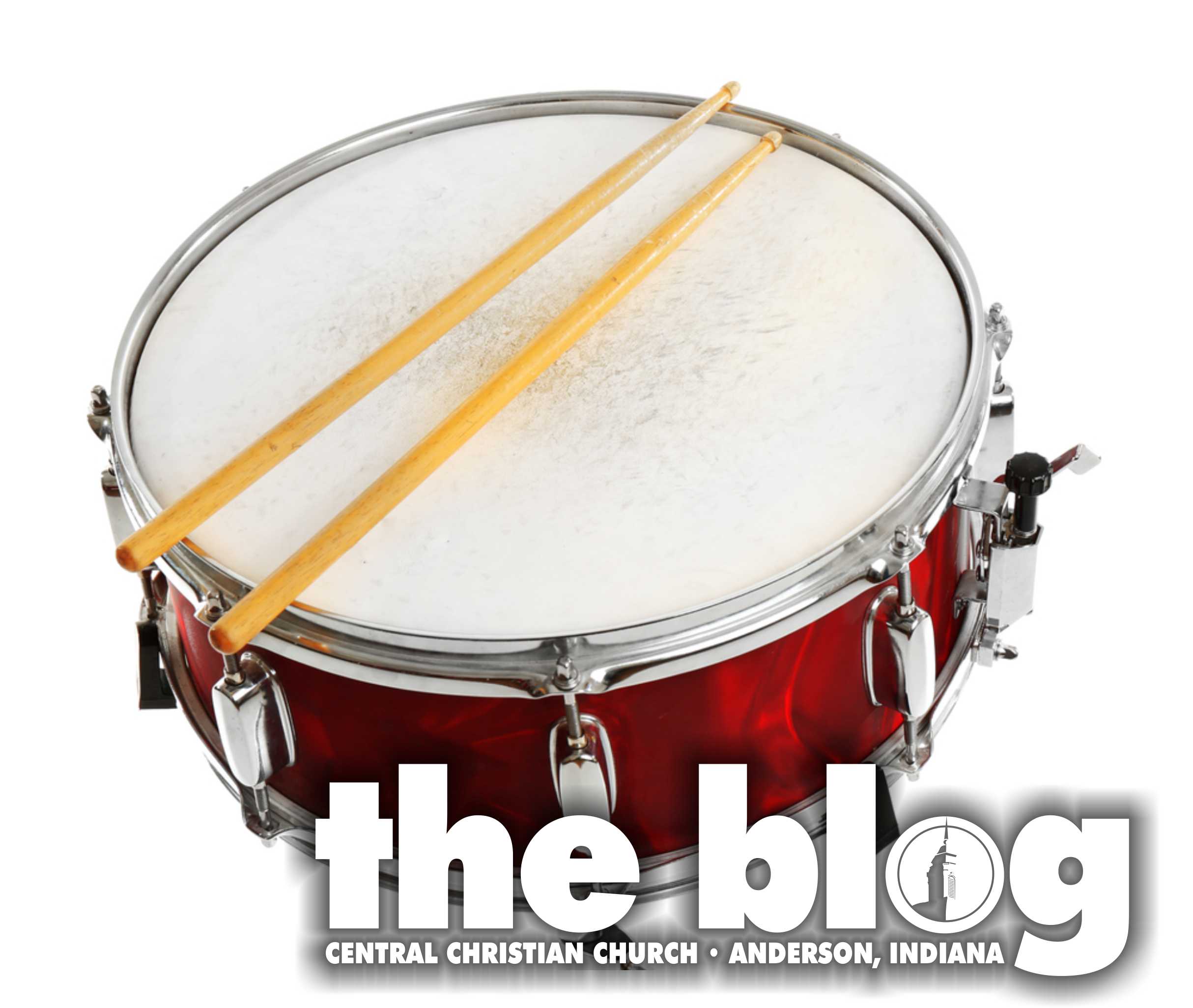THE DRUMMER

578
I used to be a percussionist, in Middle School/High School. I played a multitude of percussion instruments in both orchestra and band. Percussion is fascinating, and for anyone with a background in piano, has a relatively smooth learning-curve. The one thing I didn’t do too much, as a percussionist, was march in a band. In fact, I have really only one memory of marching with my High School band in one of the local rodeo parades (we had several) and I played what’s called “triples”; three larger drums worn, by strap around the neck and shoulders, in the front. Because of the size and where the drums were, one cannot see the ground while marching, and we were behind several horses, enough said. I didn’t march again.
I made many percussion friends along the way, and a few have gone on to greater things as percussionists. One friend of mine continues to play in studios in Los Angeles and has been heard in the soundtracks of many well-known films. Another has become a Percussion Professor back east. One of my friends received a scholarship, out of High School, to attend school in the Midwest, where marching bands are king!
This friend ended his freshman year as first chair in the percussion and drum section of the school and was in high demand throughout the state, even at his young age. On one occasion, another university (one of their rivals) called him with a request. It seems they wanted him to perform with them during a televised half-time show coming up in the next month. Here was the deal: he would learn the music on his own and in “seated” rehearsals with the band. However, because of the secretive nature of the program, and the intense rivalry between marching bands at the time, they wanted to keep him out of “marching practice” and simply give him his marching “formula” to learn on his own and with a “coach” – another drummer who marched beside him. He would, then, learn and memorize his steps without any concept of the rest of the band and where THEY were marching, so that the configuration could remain a secret. All he knew was HIS part, but not how it fit with the rest.
The day came, he was given a uniform and met one final time with the band. He was instructed to remain on his course. He played, he performed, his family watched on television, and the half-time production was remarkable. He was also asked to sign a non-disclosure agreement, good for 10 years, because the university was a bit embarrassed for needing to ask him to play, considering he was from their rival school. Only his family knew, and he told the story years later.
He said he learned a valuable lesson about doing what needed to be done, even when the whole picture wasn’t available to him. He knew he was an integral part of the whole but was not aware of what the rest of the body of players were doing. He said that in later years, when HE became a teacher, he used that technique to teach the importance of following orders without question. Sometimes it is more difficult to explain “the whole”, it’s easier to just see the final product. The players/marchers have to learn to trust.
We talk about the BODY OF CHRIST in the church community, and we speak of our own and others’ Spiritual gifts and talents. But somehow our human side really is not happy without knowing exactly HOW WE fit in and WHAT EVERYONE ELSE is doing. We want to see the final production. We want to know the outcome. We believe we have the right to know. THIS story is just about a marching band…but in THE KINGDOM of GOD how much more should we just say to the King what Mary said to Gabriel, “Let it be…according to His word.” or “Whatever the King asks, I’ll do.” or like Isaiah, “Here I am, send me.”?
Why do WE think we have to know everything before saying “yes” to God? Maybe it’s our culture. Maybe it is because logic has replaced mystery. Or maybe we just don’t trust that God knows what He’s doing.
But I believe that miracles can be performed by the “Body of Christ” when the “toe” obeys the “Head” without question.

